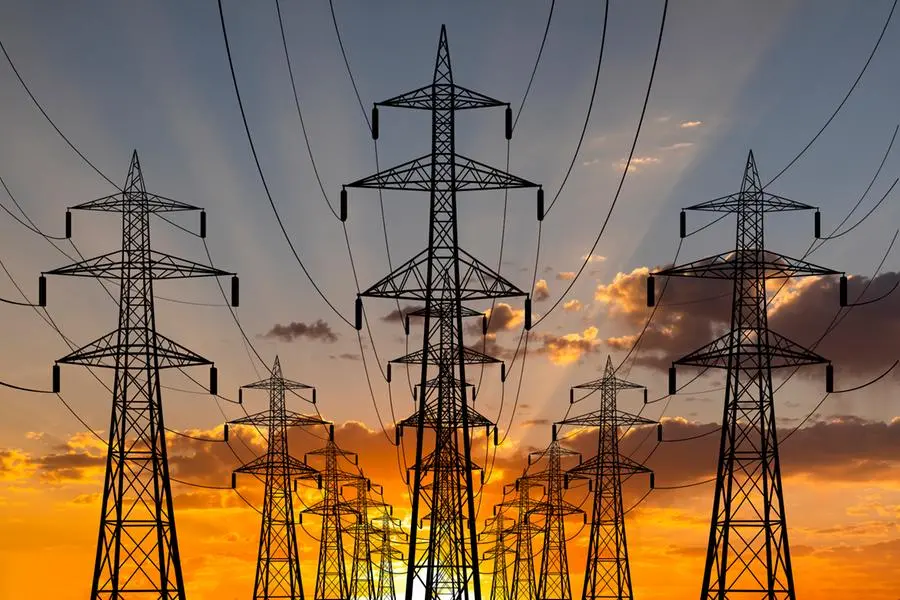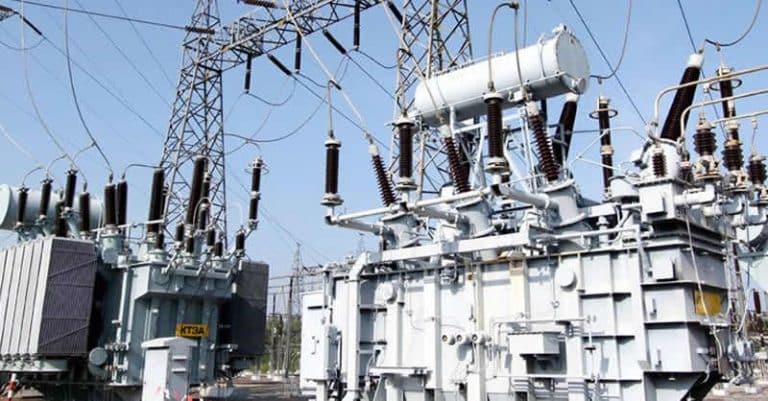News
NERC Awaits President’s Approval For Tariff Hike, Plans Stakeholders Meeting

EKO HOT BLOG reports that the Nigerian Electricity Regulatory Commission (NERC) is anticipating President Bola Tinubu’s approval before announcing a new tariff regime.
The review of the Multi-Year Tariff Order (MYTO), conducted biannually, is expected to result in a rate increase due to the devaluation of the Naira following the national currency’s flotation.
An unnamed source at the Commission revealed that the review has been completed and submitted to the President for approval.
EDITOR’S PICKS
-
Shehu Sani Slams Wike’s Appointment Obsession, Questions APC’s Focus
-
Arewa Women, APC Governors Back Tajudeen Abbas As House Speaker
-
Apple Unveils Revolutionary Mixed Reality Headset, Challenges Meta’s Dominance
The source stated that a decision regarding the increase would be announced either on July 1 or August 1, depending on the President’s response. The source emphasized that the increase is necessary to prevent a budget shortfall and ensure the industry’s survival.
To address concerns arising from the tariff hike, a stakeholder meeting involving the Commission, operators, and consumers has been scheduled for the following week.
Olu Verheijen, Special Adviser on Energy to President Tinubu, is expected to lead the government’s decision-making process regarding the electricity tariff review and other sector reforms. Verheijen recently presented her vision for the power sector during a meeting with top government officials at the Federal Ministry of Power in Abuja.
Consumers have expressed their intention to attend the stakeholders meeting, where discussions will cover various issues, including operational costs, inflation, and foreign exchange.
Electricity Distribution Companies (DisCos) believe that the tariff review will encourage investment and lead to increased power supply. The Manufacturers Association of Nigeria (MAN) also supports the new tariff, stating that it aligns with their advocacy for cost-reflective electricity tariffs and healthy price competition.
However, Mr. Kunle Olubiyo, President of Nigeria Consumer Protection Network, has emphasized the need for more value to be given to consumers in previous tariff reviews.
Olubiyo called for increased investment in critical power grid infrastructure, network improvements, and capacity expansion to enhance service delivery, supply quality, and customer satisfaction in the post-privatized Nigerian power sector.
Olubiyo also suggested several measures, including addressing domestic gas obligations, appropriate gas pricing, and selling gas to the domestic market in the local currency.
FURTHER READING
-
TUC Roars: Demands N200,000 Monthly Minimum Wage, Lower Petrol Price For Negotiations
-
Tinubu And Other Political Powerhouses Converge Behind A Closed Door Amid Tribunal Case
-
Imo Election: LP Candidate Reveals Running Mate, Delivers Quit Notice To Uzodinma
He further recommended providing incentives to indigenous meter assembly plants and local meter manufacturers, facilitating access to long-term low-interest credit facilities, and allowing end-users to purchase pre-paid meters. Conversion of post-paid meters used by bulk users into pre-paid maximum demand meters was also proposed to improve energy accountability and customer satisfaction.
Click to watch our video of the week
Advertise or Publish a Story on EkoHot Blog:
Kindly contact us at ekohotblog@gmail.com. Breaking stories should be sent to the above email and substantiated with pictorial evidence.
Citizen journalists will receive a token as data incentive.
Call or Whatsapp: 0803 561 7233, 0703 414 5611














